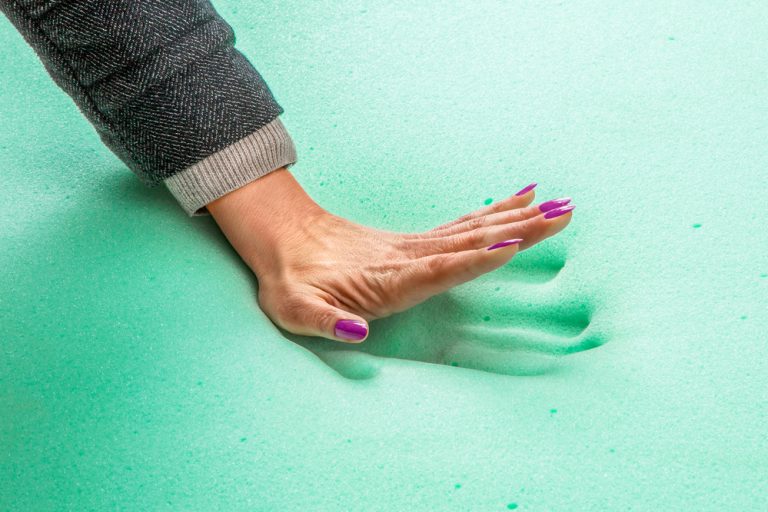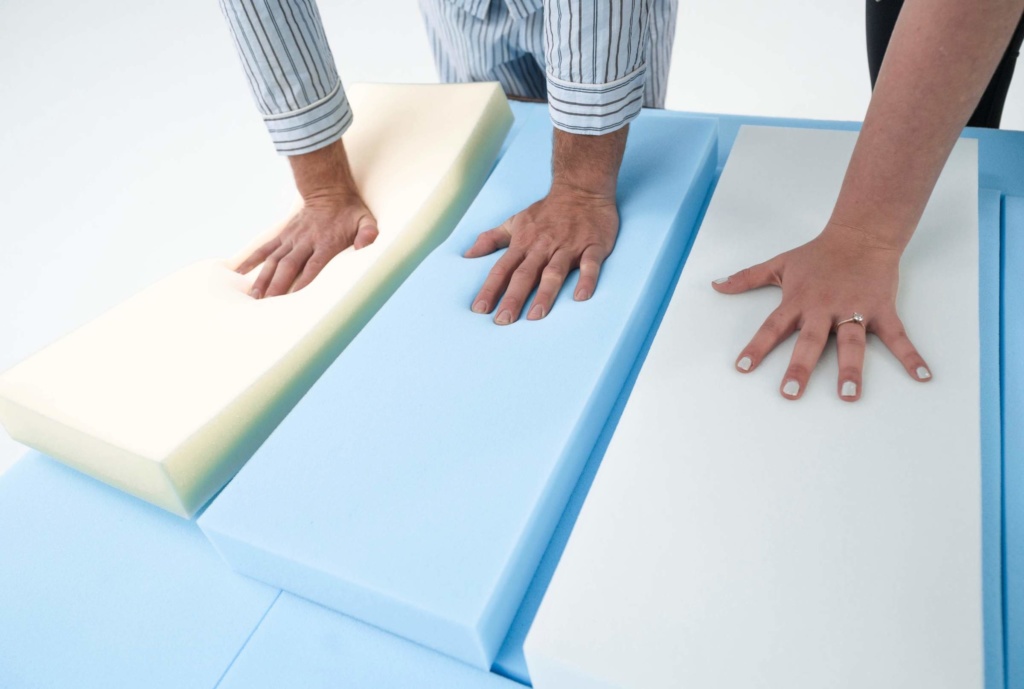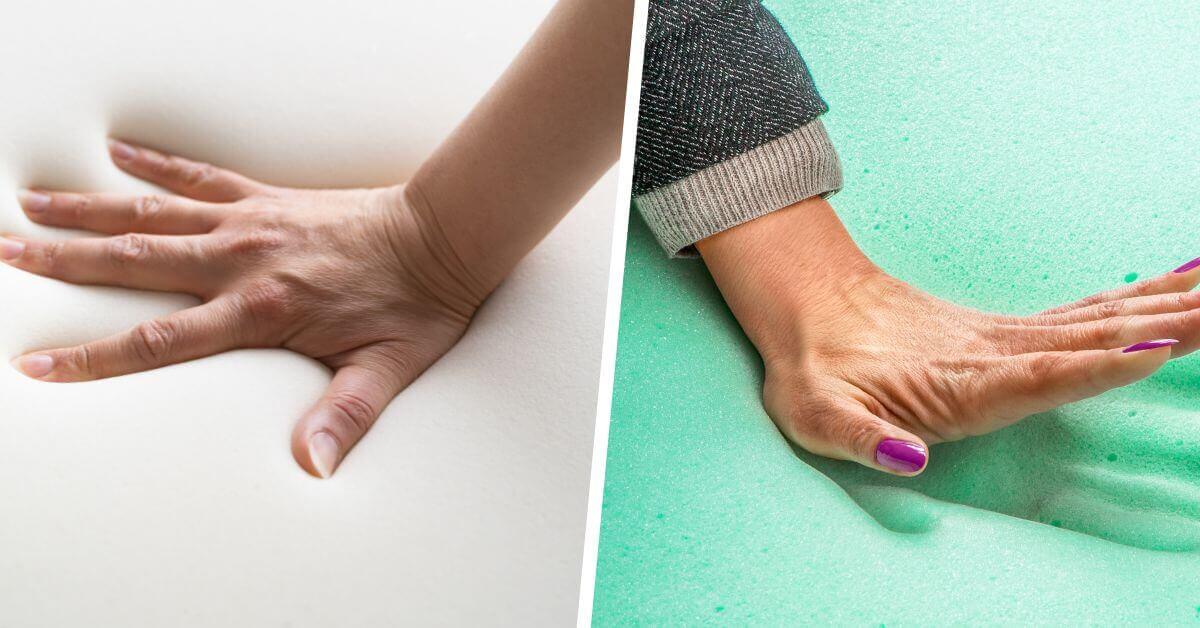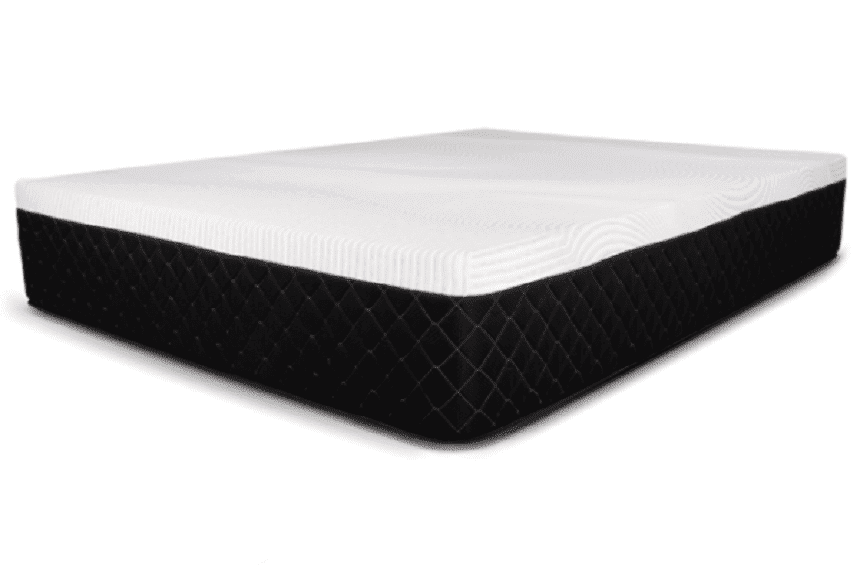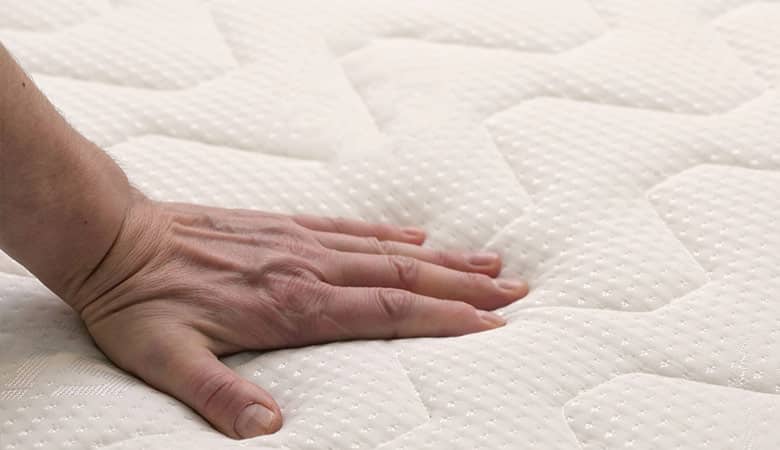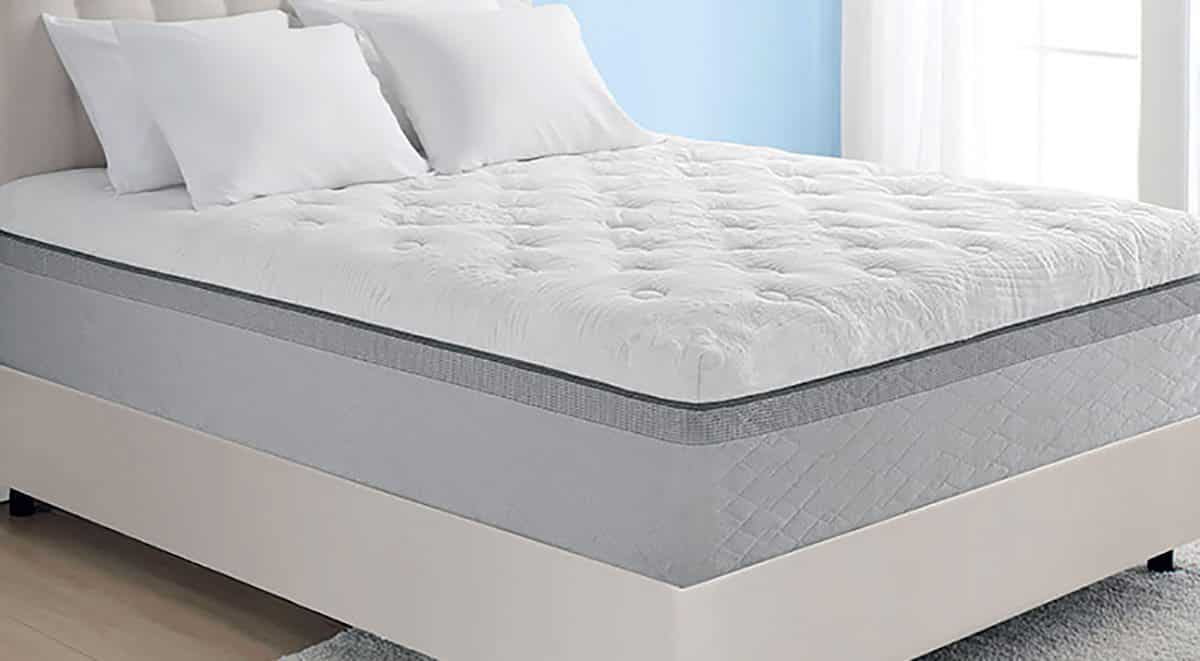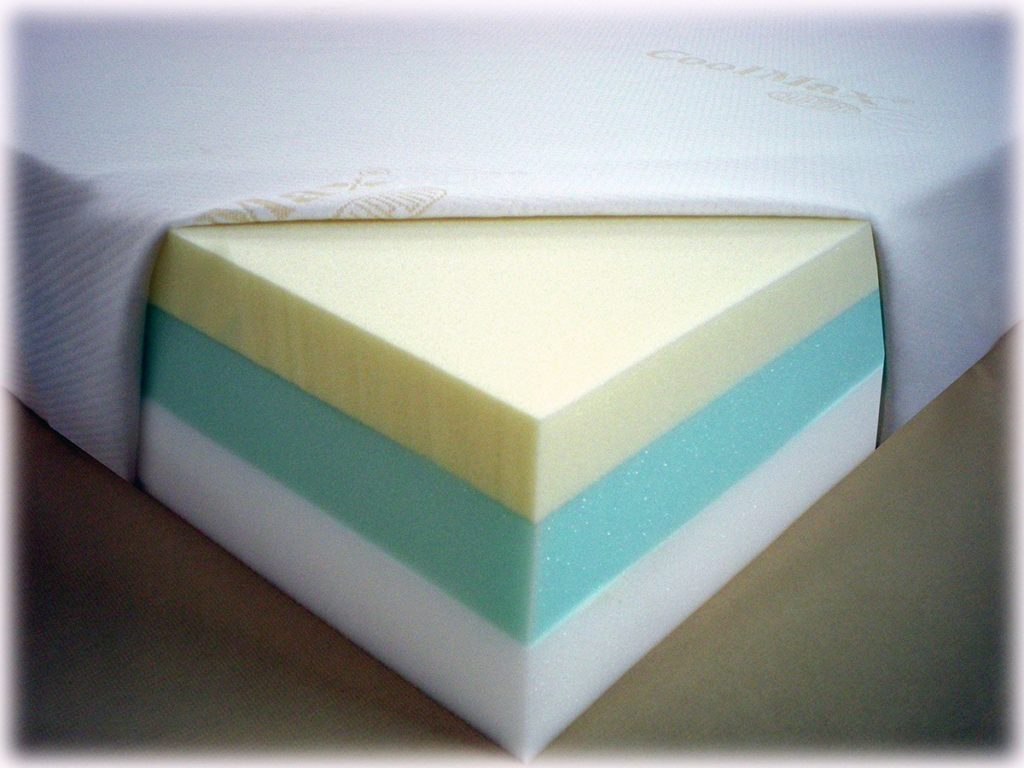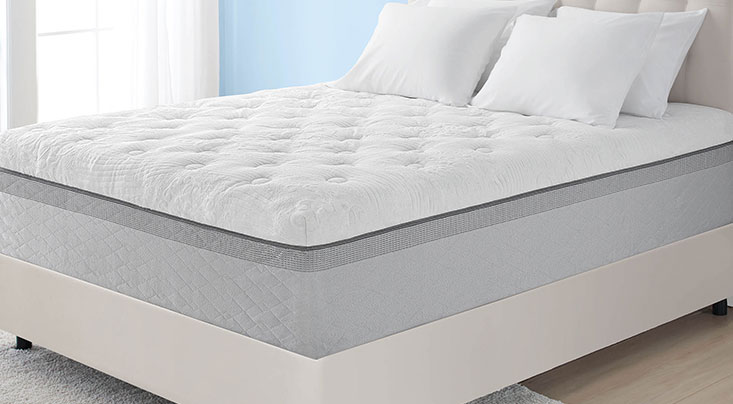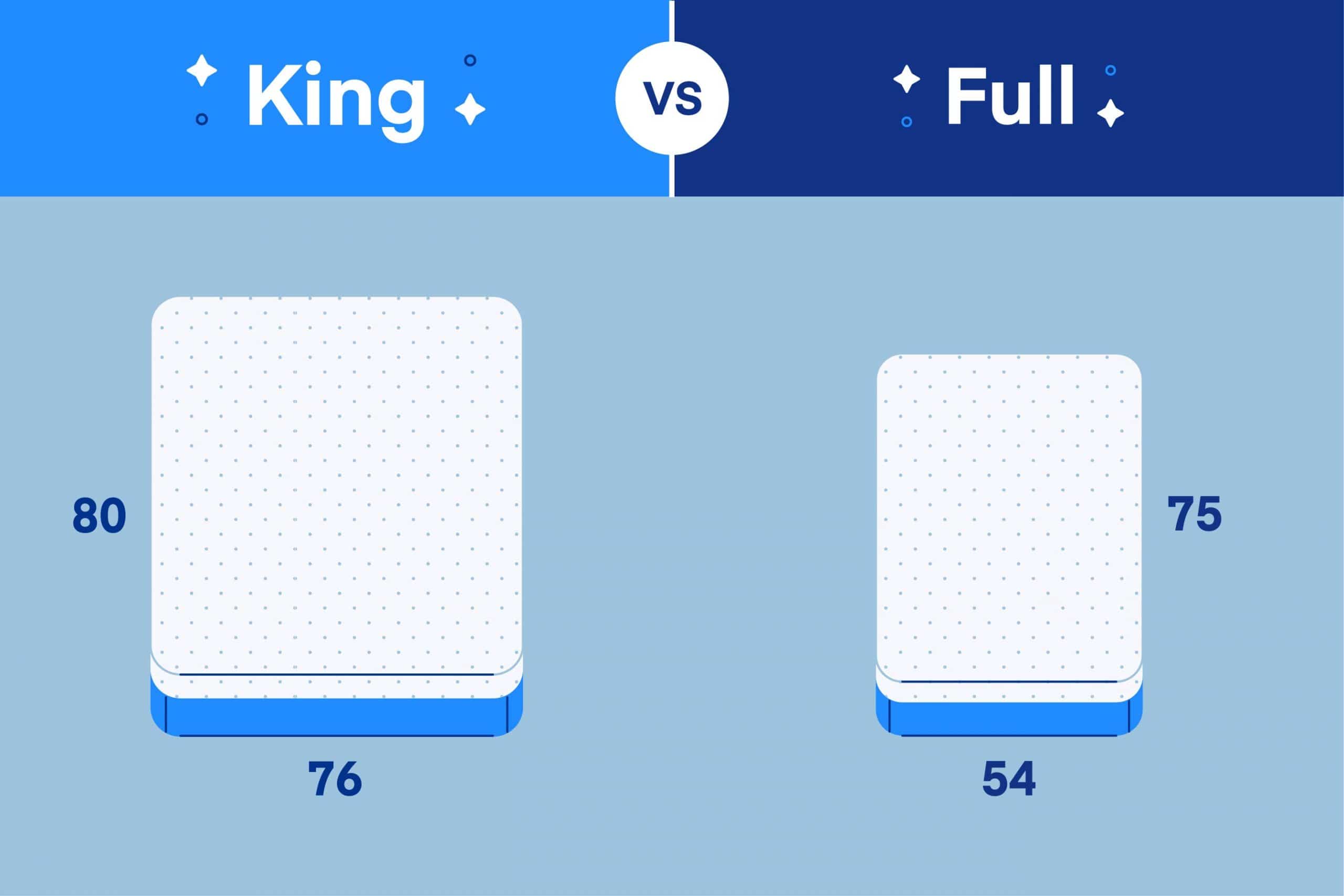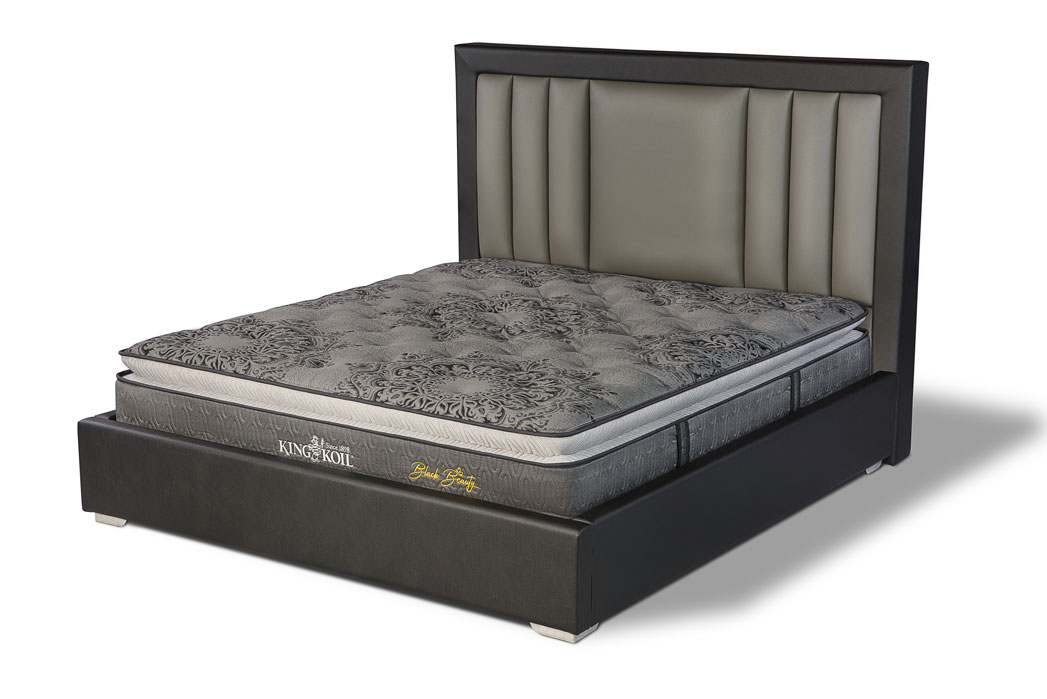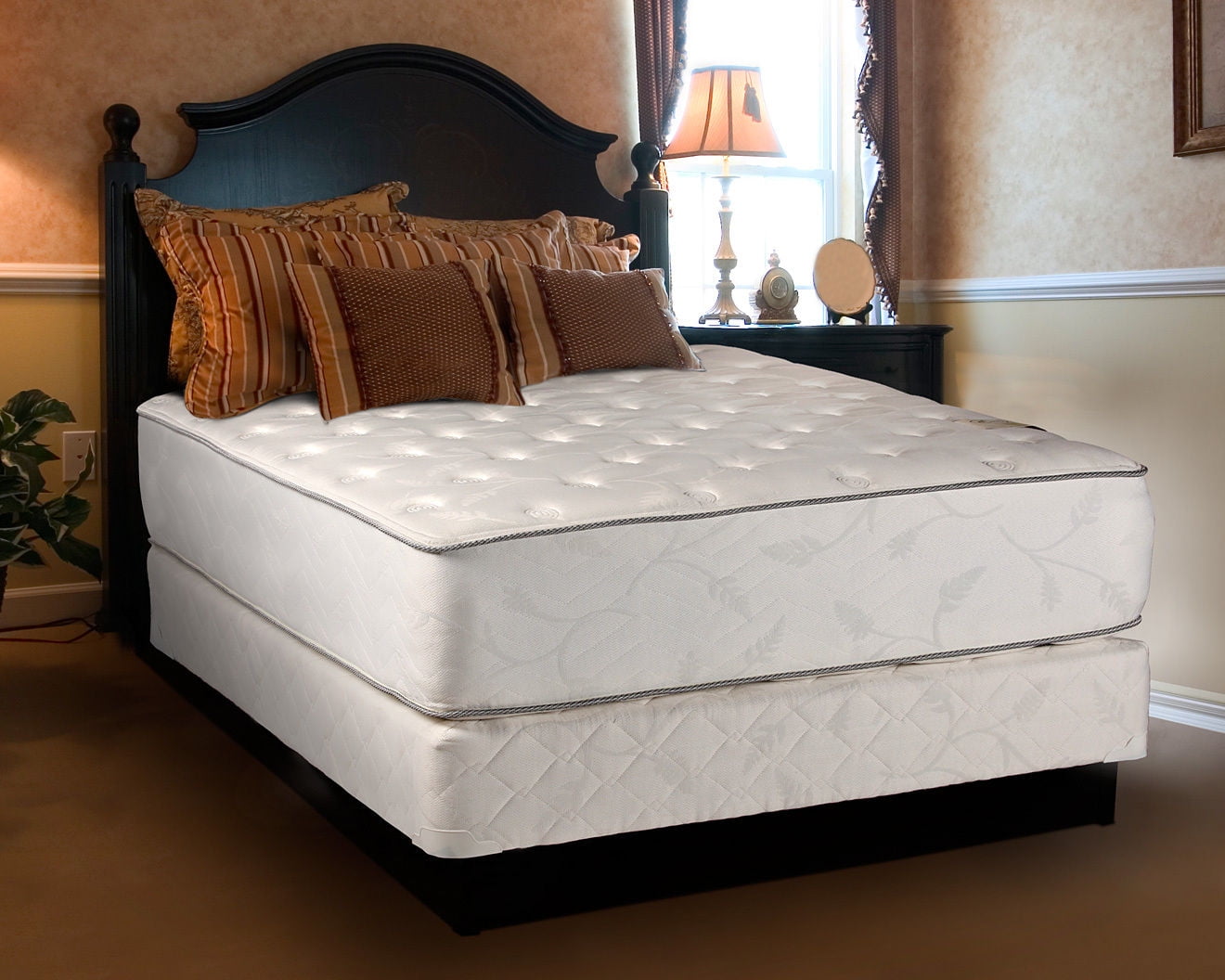Memory Foam Mattress Density Guide: What You Need to Know
When shopping for a new mattress, you may have come across the term "memory foam mattress density" and wondered what it means. The density of memory foam can greatly affect the comfort and support it provides, so it's important to understand what it is and how it can impact your sleep. In this guide, we will break down everything you need to know about memory foam mattress density and how to choose the right one for your needs.
Understanding Memory Foam Mattress Density
Density refers to the weight of a material per cubic foot, and in the case of memory foam, it is measured in pounds per cubic foot (lbs/ft3). Simply put, the higher the density, the more material there is in a given space. Memory foam mattresses typically range from 2.5 lbs/ft3 to 7 lbs/ft3 in density, with 4-5 lbs/ft3 being the average for high-quality mattresses.
Choosing the Right Density for Your Memory Foam Mattress
When it comes to memory foam mattress density, there is no "one size fits all" solution. The right density for you will depend on your body weight, sleeping position, and personal preferences. As a general rule, heavier individuals may prefer a higher density mattress for better support, while lighter individuals may find a lower density mattress more comfortable.
Benefits of High Density Memory Foam Mattresses
High density memory foam mattresses have a higher weight and more material per cubic foot, which can provide several benefits. These mattresses are known for their superior support and pressure relief, making them a great choice for those with back pain or other joint issues. They also tend to be more durable and have a longer lifespan compared to lower density mattresses.
How to Measure Memory Foam Mattress Density
To measure the density of a memory foam mattress, you will need to know the weight of the mattress and its dimensions. Divide the weight by the volume (length x width x height) to get the density. For example, if a mattress weighs 60 pounds and has dimensions of 60" x 80" x 10", the density would be calculated as 60 lbs / (60" x 80" x 10") = 0.00075 lbs/in3 = 5 lbs/ft3.
Memory Foam Mattress Density Chart
To help you better understand memory foam mattress density, here is a chart of the different density ranges and their corresponding levels of firmness:
Low Density: 2.5 lbs/ft3 or lower - Provides a soft and plush feel, suitable for lightweight individuals and side sleepers.
Medium Density: 3-4 lbs/ft3 - Offers a balance of comfort and support, suitable for most sleepers.
High Density: 5-6 lbs/ft3 - Provides excellent support and durability, suitable for heavier individuals and those with back pain.
Ultra High Density: 7 lbs/ft3 or higher - Offers the highest level of support and can feel quite firm, recommended for those who need maximum support and pressure relief.
Comparing Memory Foam Mattress Densities
When comparing memory foam mattresses, it's important to also consider the thickness of the foam layers. A mattress with a higher density but thinner top layer may not provide the same level of comfort as a mattress with a lower density but thicker top layer. It's important to also consider the overall construction and materials used in the mattress to determine its quality and comfort.
Memory Foam Mattress Density and Firmness
While density and firmness are related, they are not the same thing. Density refers to the amount of material in a given space, while firmness refers to the feel of the mattress. A higher density mattress may feel firmer, but there are other factors that can affect the firmness, such as the thickness and type of foam layers, and the overall construction of the mattress. It's important to test out a mattress yourself to determine the level of firmness that feels most comfortable to you.
Memory Foam Mattress Density and Durability
As mentioned earlier, high density memory foam mattresses tend to be more durable and have a longer lifespan compared to lower density mattresses. This is because they have more material and can better withstand the compression and wear from regular use. Investing in a high density memory foam mattress may save you money in the long run, as you won't have to replace it as often.
Memory Foam Mattress Density and Comfort
While density is an important factor to consider when choosing a memory foam mattress, it's not the only one. Comfort is subjective and can vary from person to person. A high density mattress may provide excellent support, but if it doesn't feel comfortable to you, it may not be the right choice. It's important to consider your personal preferences and try out different mattresses to find the one that feels most comfortable for you.
In conclusion, memory foam mattress density plays a significant role in the comfort and support of the mattress. It's important to choose a density that is suitable for your body weight, sleeping position, and personal preferences. Use the information in this guide to help you make an informed decision and find the perfect memory foam mattress for a good night's sleep.
Why Density Matters When Choosing a Memory Foam Mattress

Understanding the Importance of Density
 When it comes to purchasing a memory foam mattress, there are many factors to consider. One of the most important factors to take into account is the
density
of the mattress. Density refers to the amount of
material
used per cubic foot in the mattress. This
measurement
plays a crucial role in the overall
comfort
, support, and durability of the mattress. In simpler terms, the higher the density, the denser and more durable the mattress will be.
When it comes to purchasing a memory foam mattress, there are many factors to consider. One of the most important factors to take into account is the
density
of the mattress. Density refers to the amount of
material
used per cubic foot in the mattress. This
measurement
plays a crucial role in the overall
comfort
, support, and durability of the mattress. In simpler terms, the higher the density, the denser and more durable the mattress will be.
The Relationship Between Density and Comfort
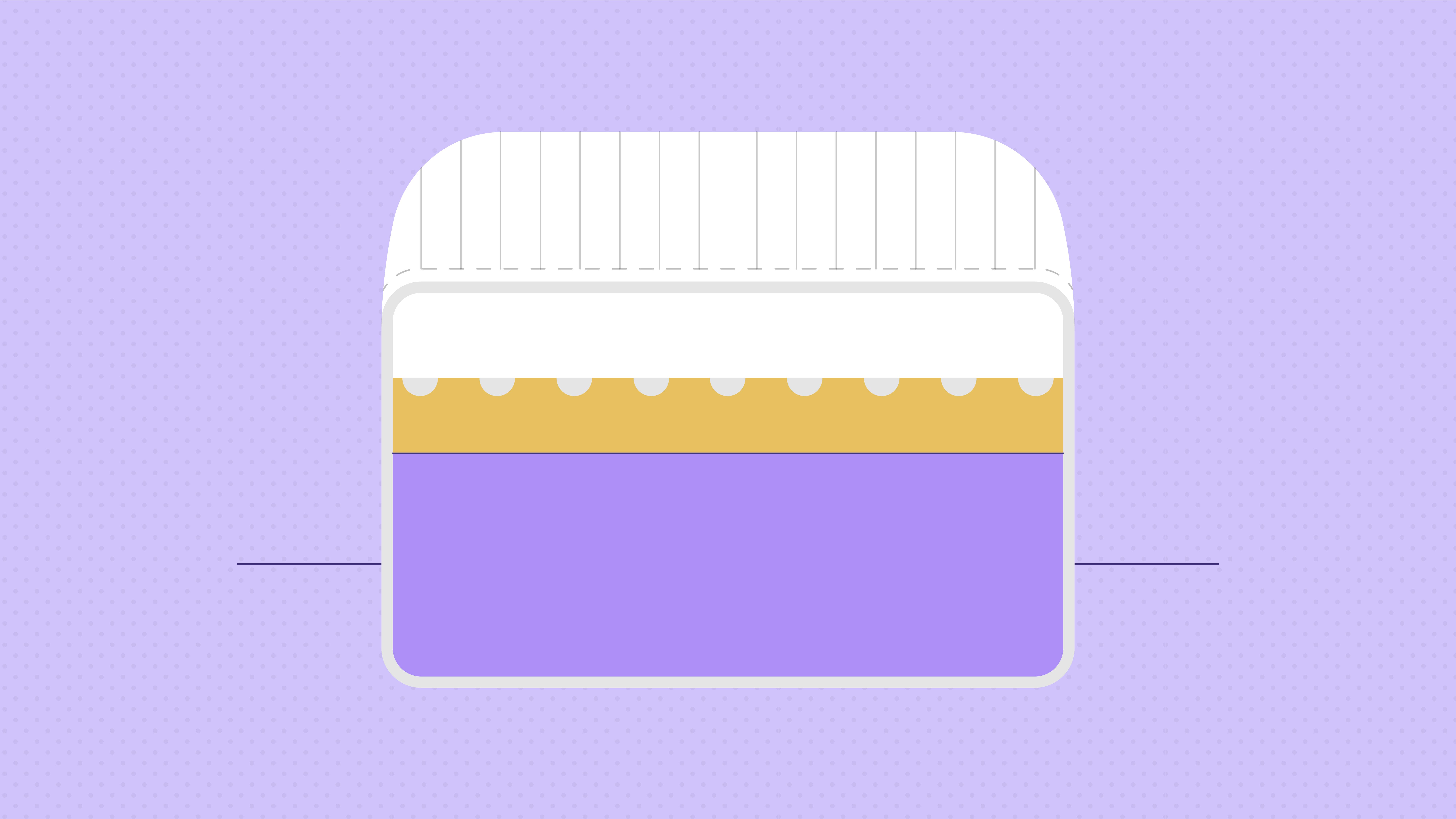 A higher density in a memory foam mattress means a higher concentration of
viscoelastic foam
. This foam is what gives memory foam mattresses their signature
contouring
and
pressure-relieving
properties. With a higher density, the foam is able to
conform
more closely to the
body
, providing better
support
and relieving pressure points. This results in a more
comfortable
and
pain-free
sleep experience.
A higher density in a memory foam mattress means a higher concentration of
viscoelastic foam
. This foam is what gives memory foam mattresses their signature
contouring
and
pressure-relieving
properties. With a higher density, the foam is able to
conform
more closely to the
body
, providing better
support
and relieving pressure points. This results in a more
comfortable
and
pain-free
sleep experience.
The Impact of Density on Durability
 Density also plays a significant role in the
durability
of a memory foam mattress. A higher density means a higher amount of material, making the mattress more
resilient
and able to
withstand
wear and tear over time. A lower density, on the other hand, may result in
sagging
and
indentations
in the mattress, leading to a shorter lifespan.
Density also plays a significant role in the
durability
of a memory foam mattress. A higher density means a higher amount of material, making the mattress more
resilient
and able to
withstand
wear and tear over time. A lower density, on the other hand, may result in
sagging
and
indentations
in the mattress, leading to a shorter lifespan.
Choosing the Right Density for Your Needs
 When deciding on the density of your memory foam mattress, it's important to consider your
sleeping position
,
body weight
, and
personal preferences
. For
side sleepers
and those with
lower body weight
, a density of 3-4 lbs per cubic foot may provide adequate support and comfort.
Back sleepers
and those with
higher body weight
may benefit from a higher density of 5-6 lbs per cubic foot. Ultimately, it's important to test out different densities and choose the one that feels most
comfortable
and supportive for you.
When deciding on the density of your memory foam mattress, it's important to consider your
sleeping position
,
body weight
, and
personal preferences
. For
side sleepers
and those with
lower body weight
, a density of 3-4 lbs per cubic foot may provide adequate support and comfort.
Back sleepers
and those with
higher body weight
may benefit from a higher density of 5-6 lbs per cubic foot. Ultimately, it's important to test out different densities and choose the one that feels most
comfortable
and supportive for you.
In conclusion, when it comes to purchasing a memory foam mattress, density is a crucial factor to consider. It not only affects the comfort and support of the mattress, but also its durability . By understanding the relationship between density and these factors, you can make an informed decision and choose the right memory foam mattress for your needs.





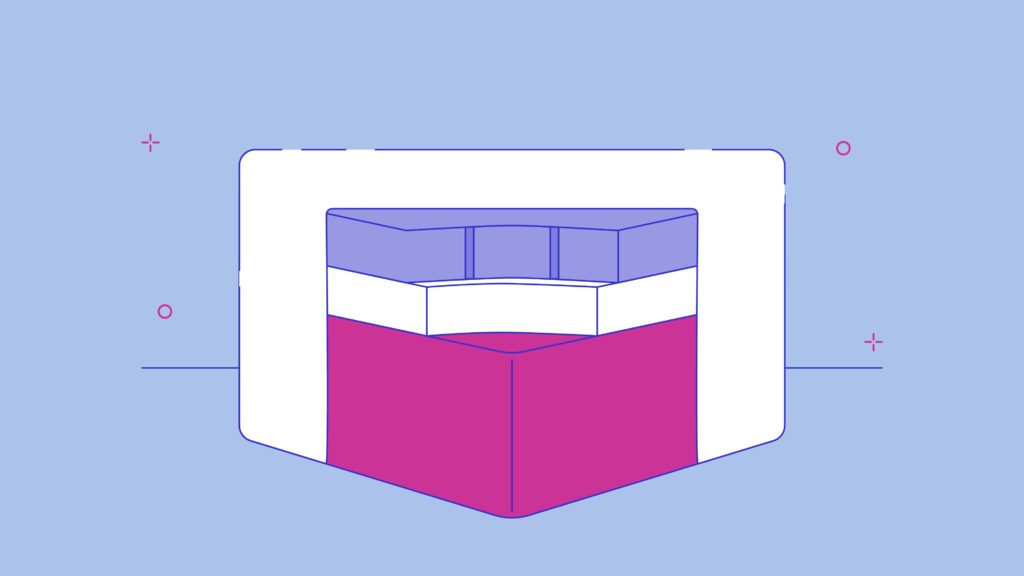





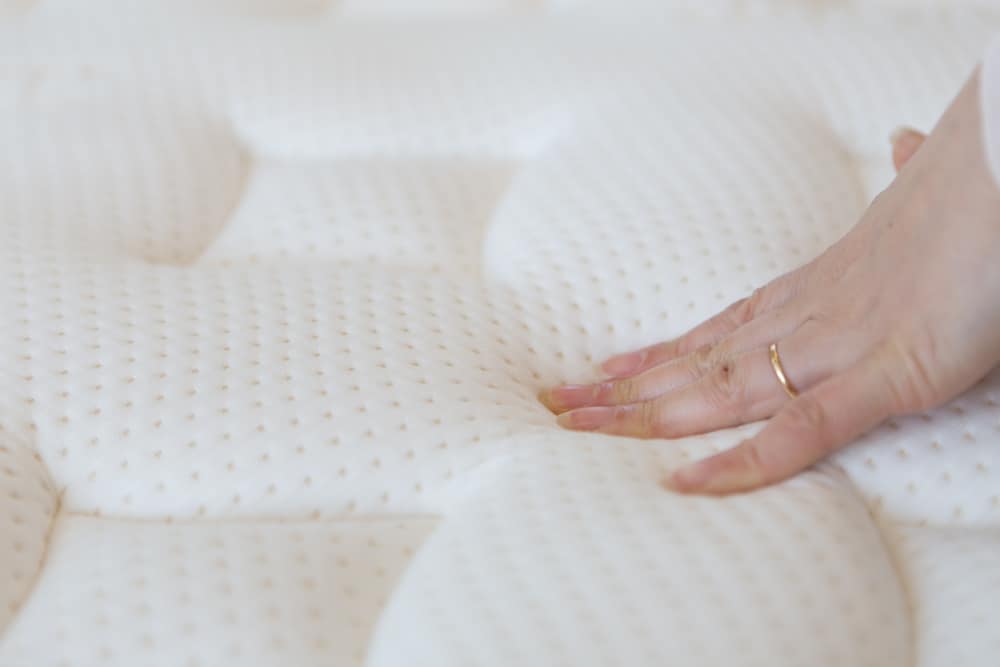
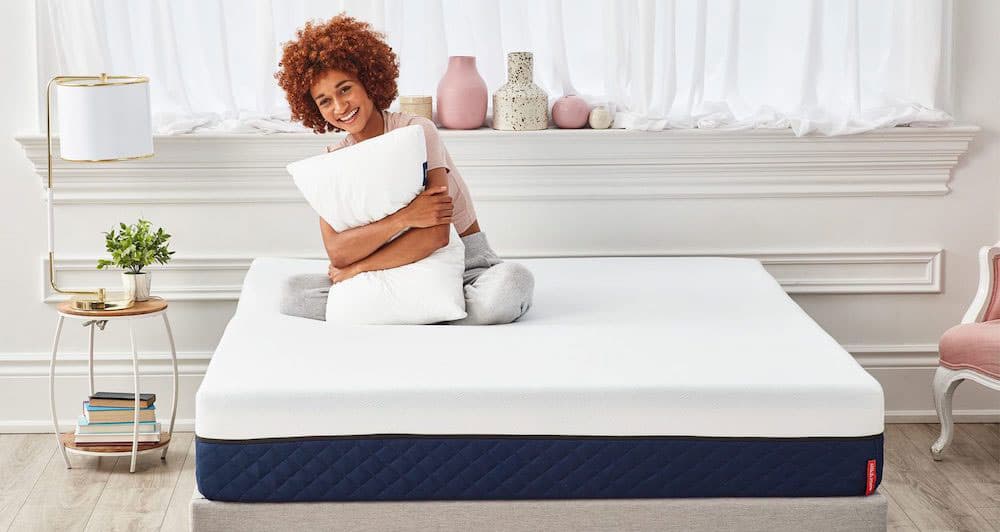

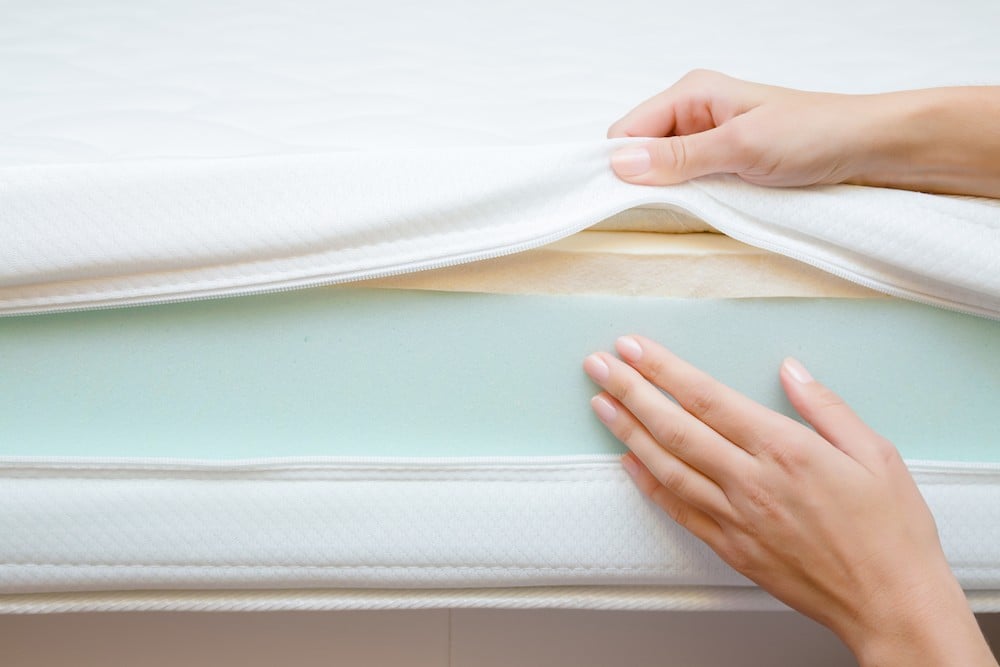
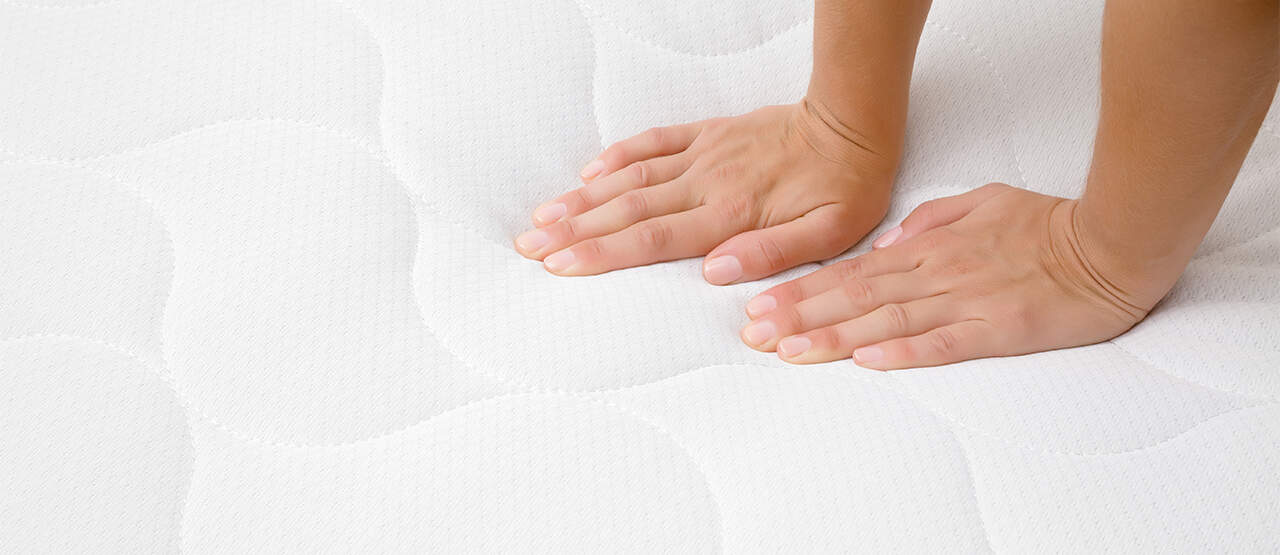

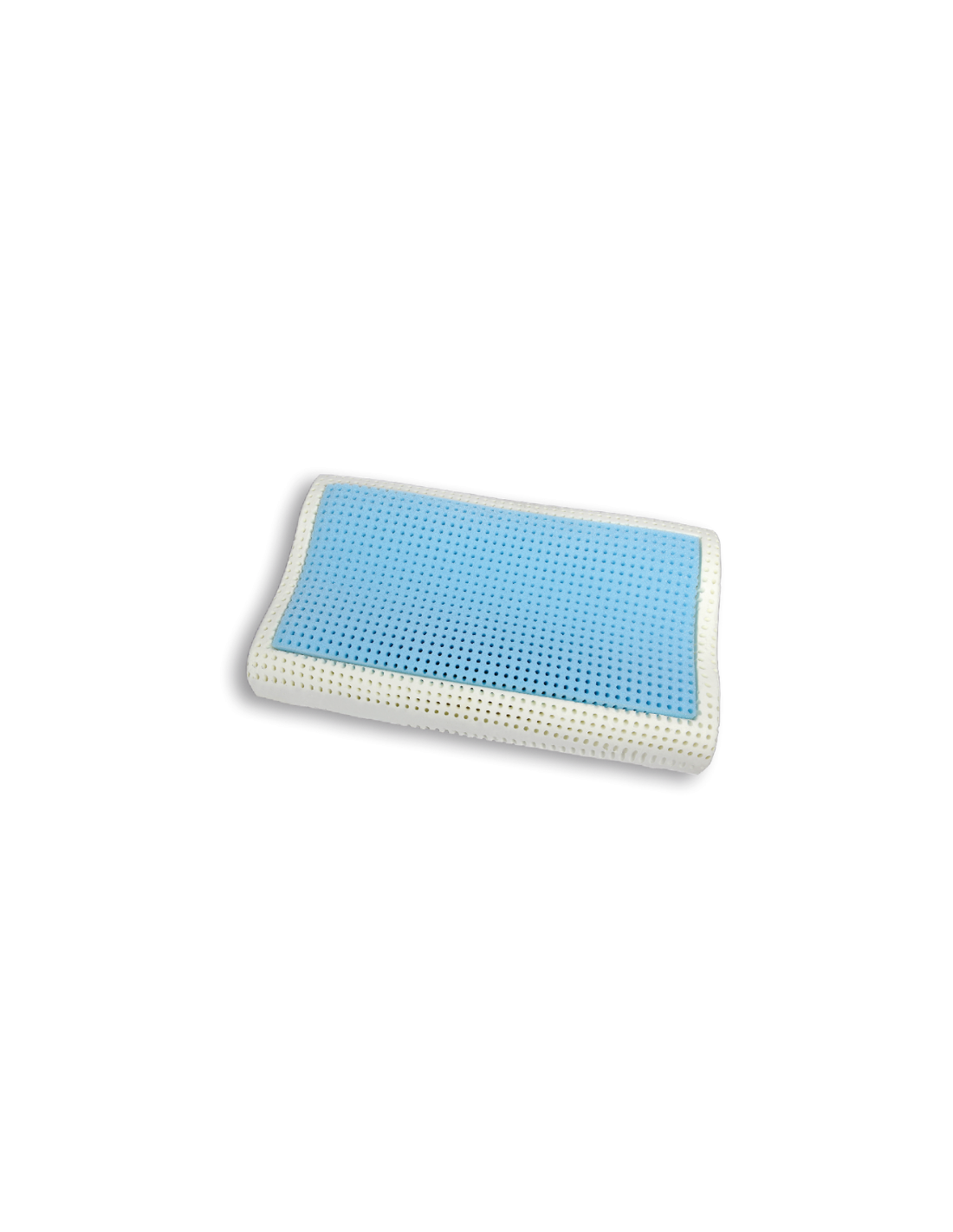
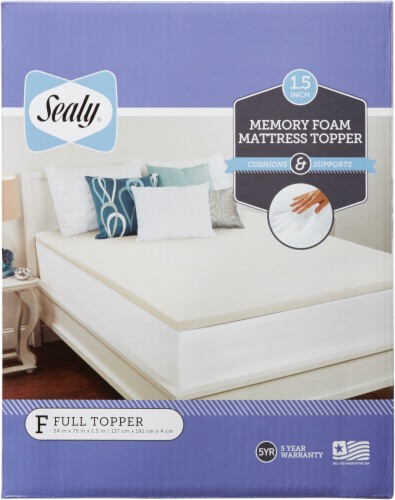


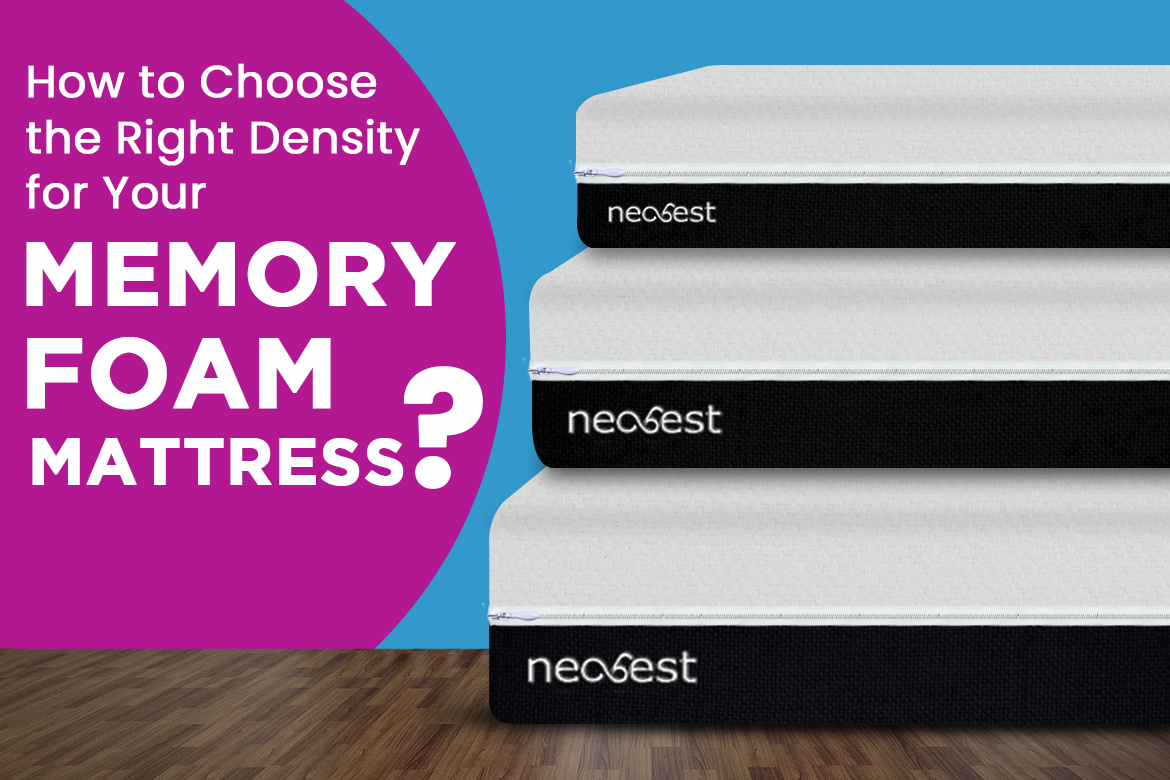


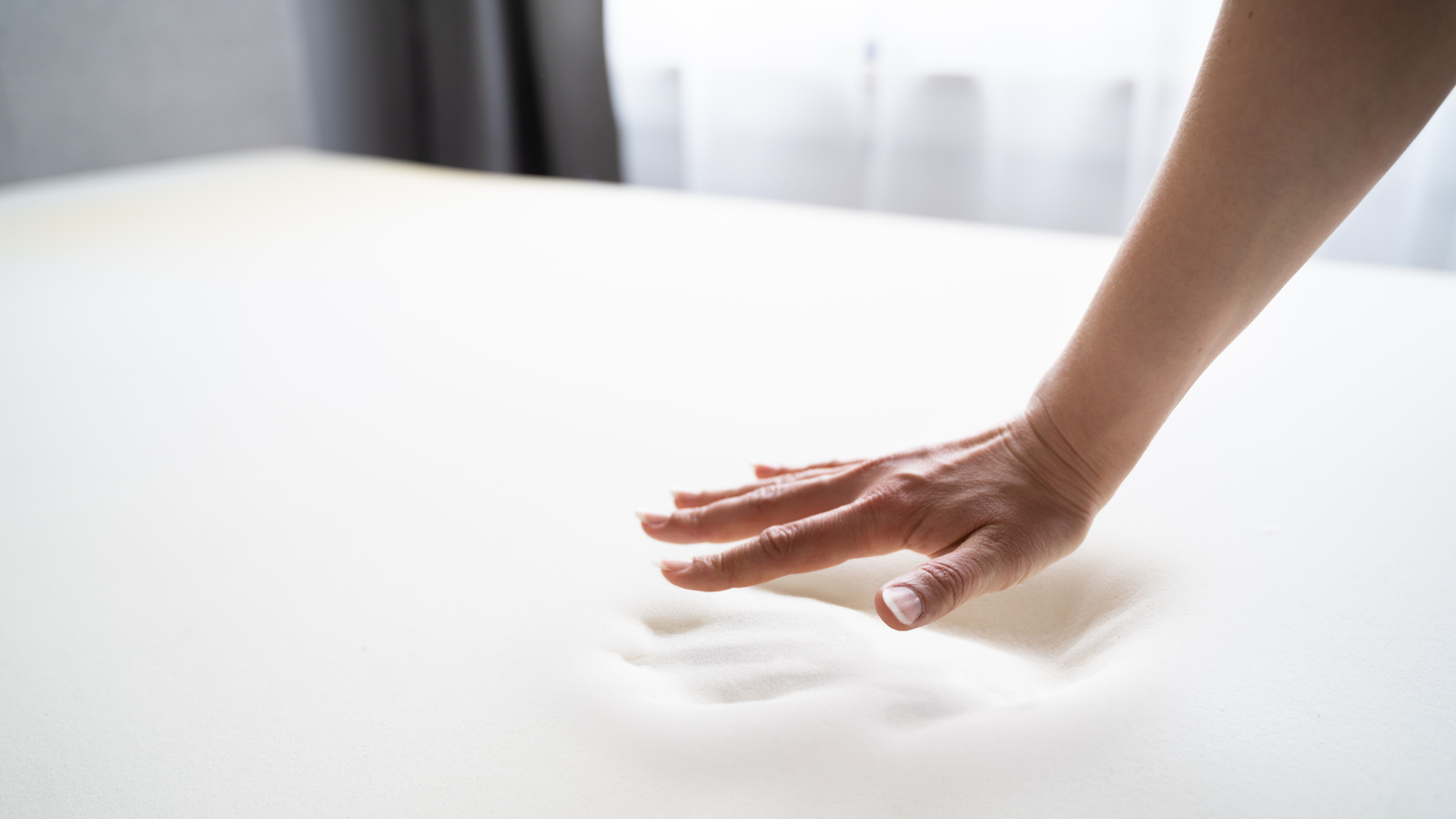





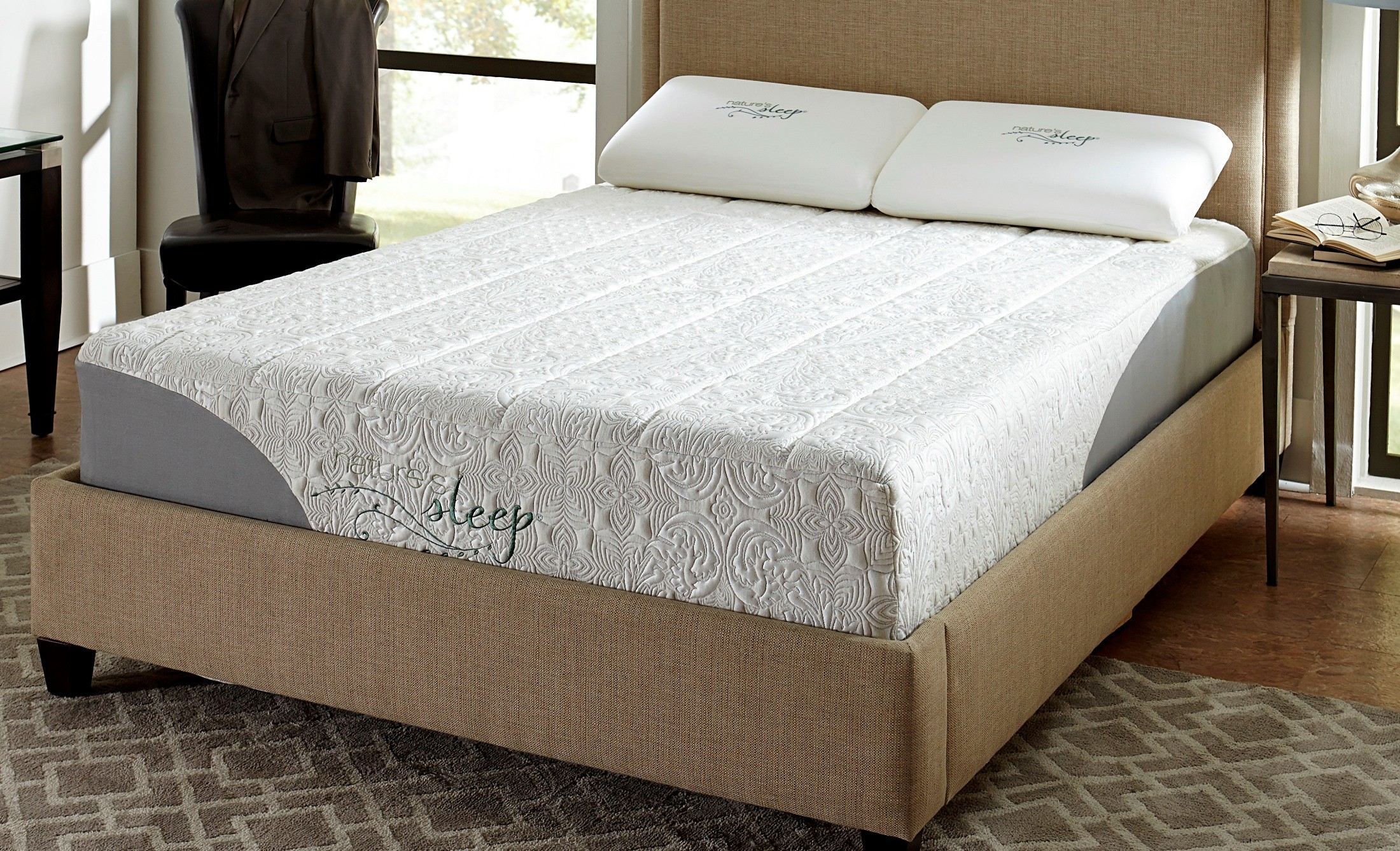

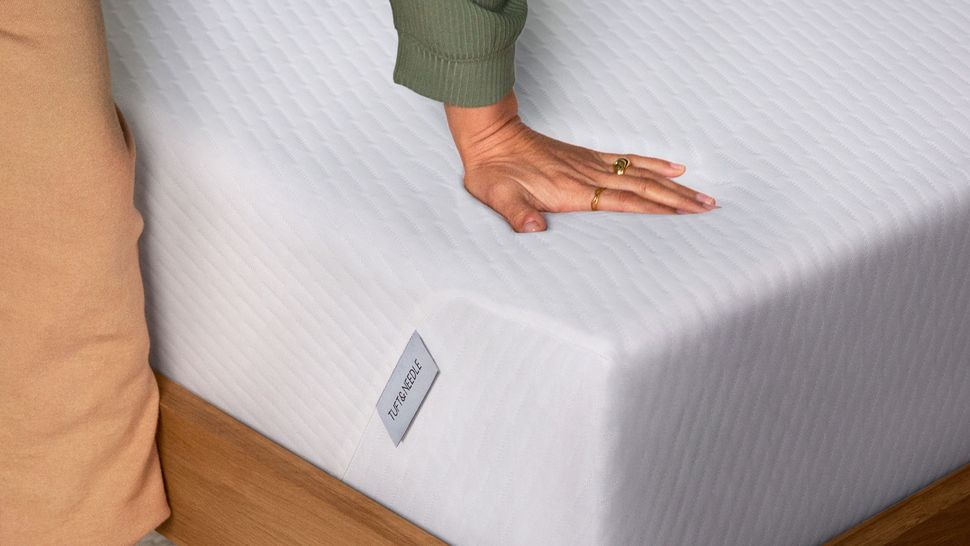


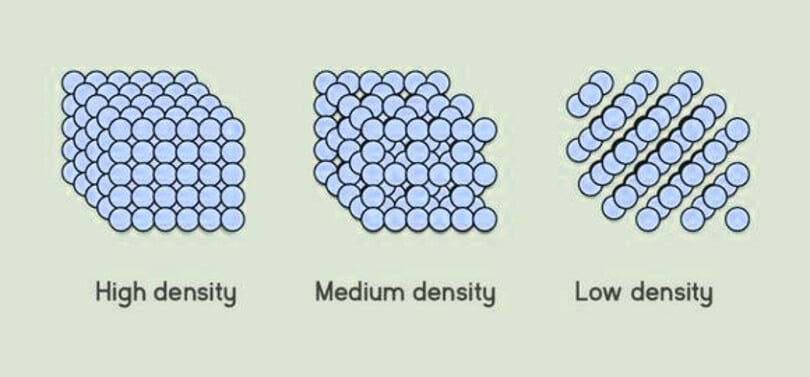

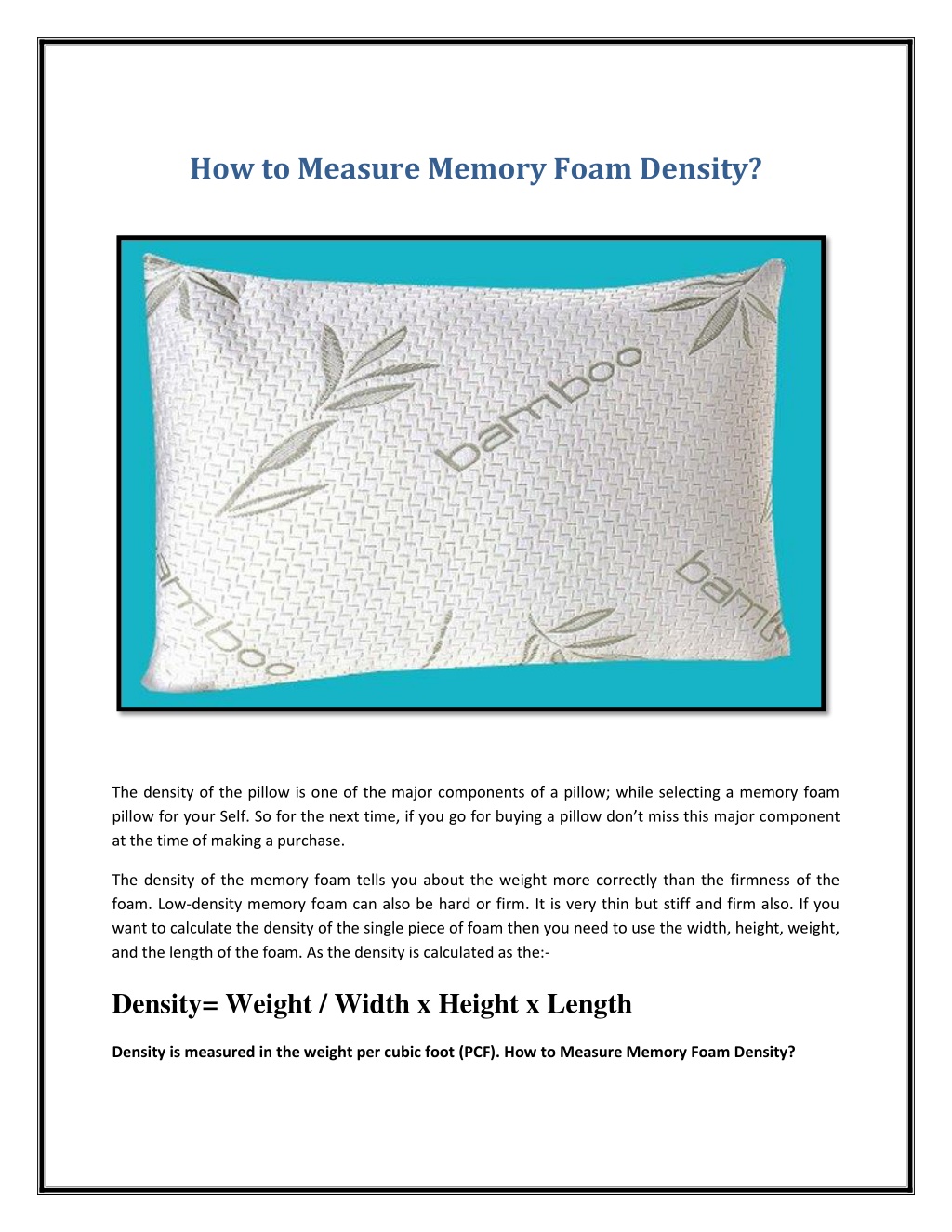





.PNG)







